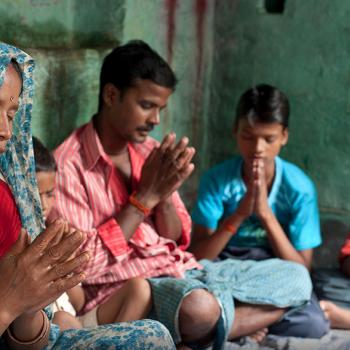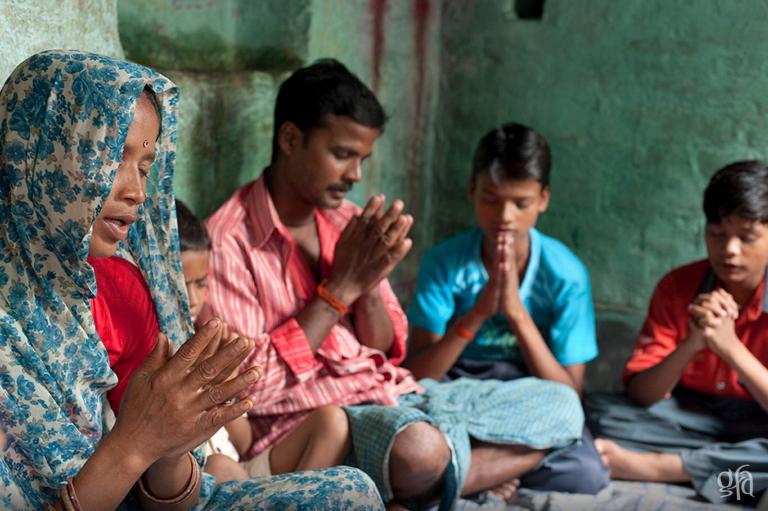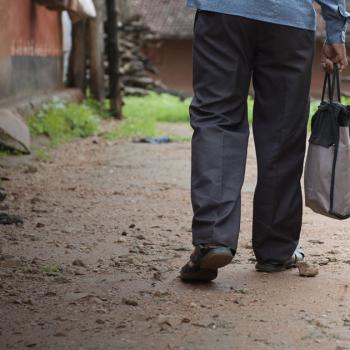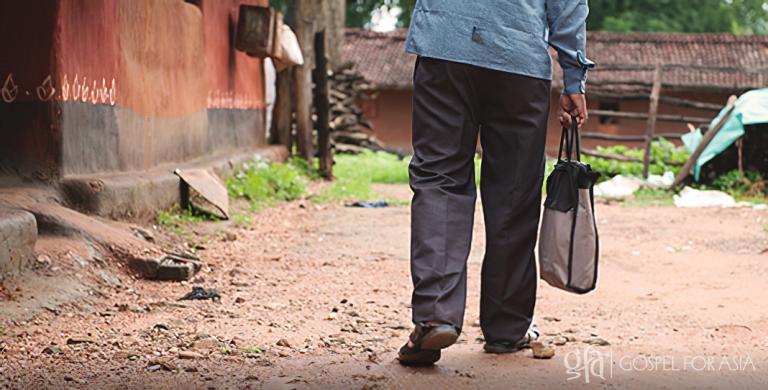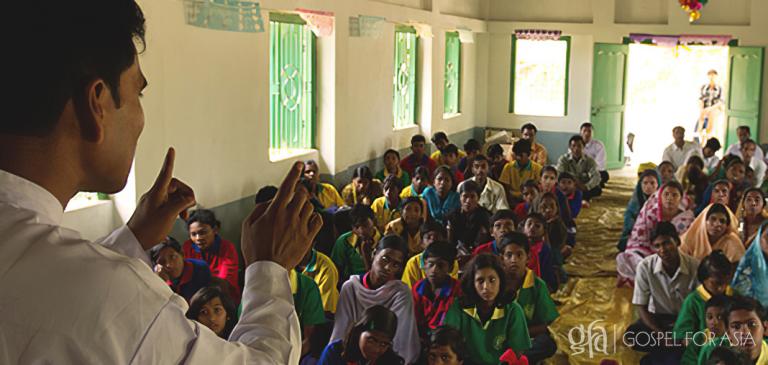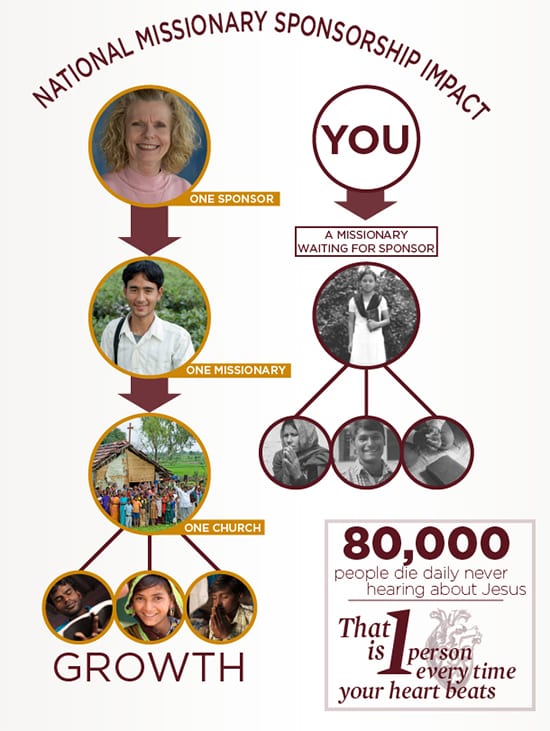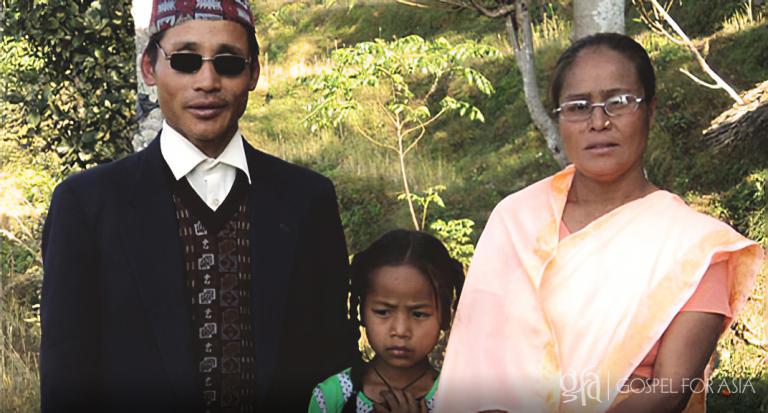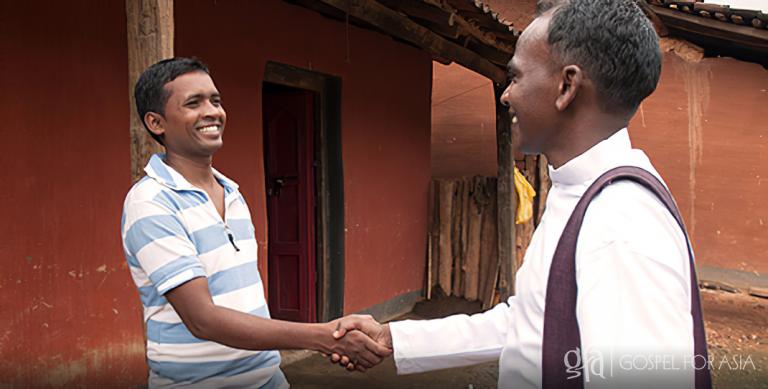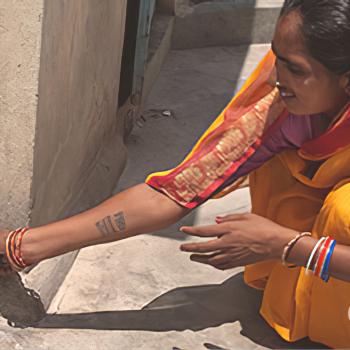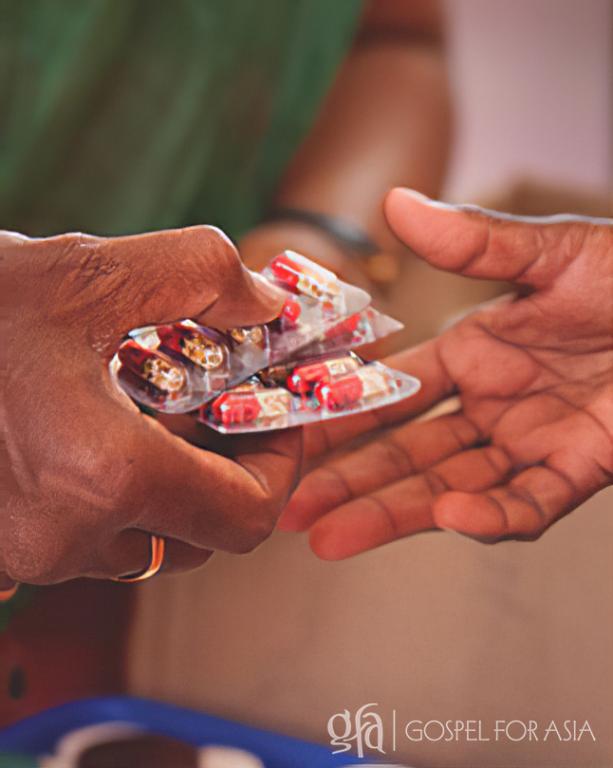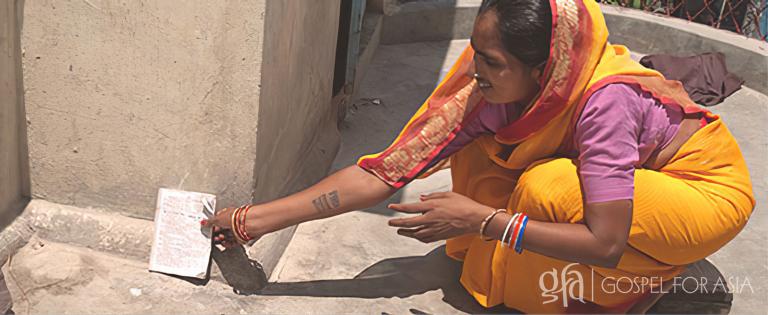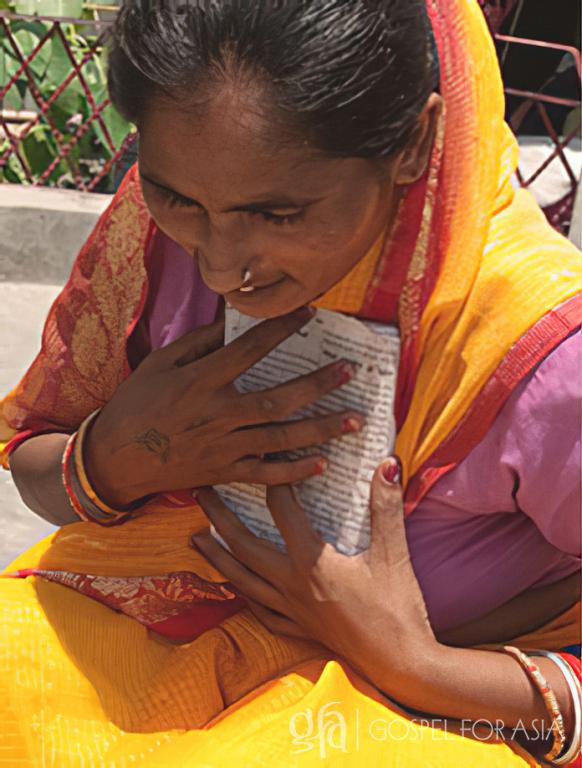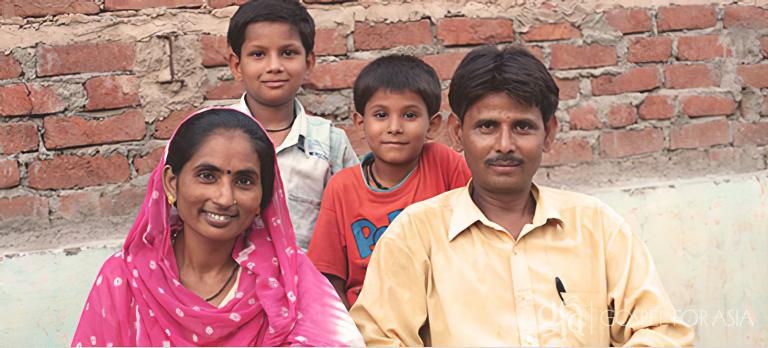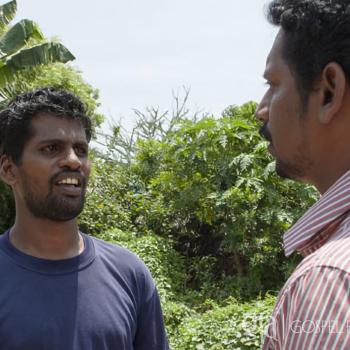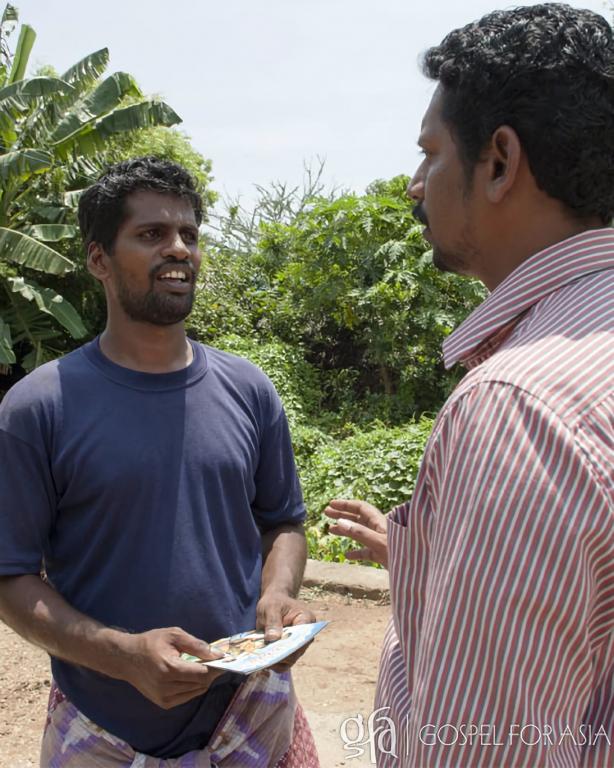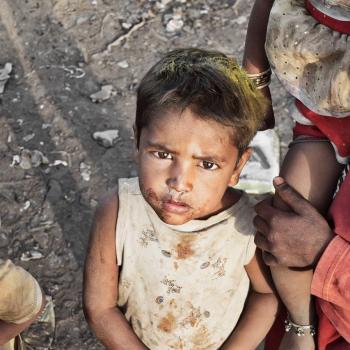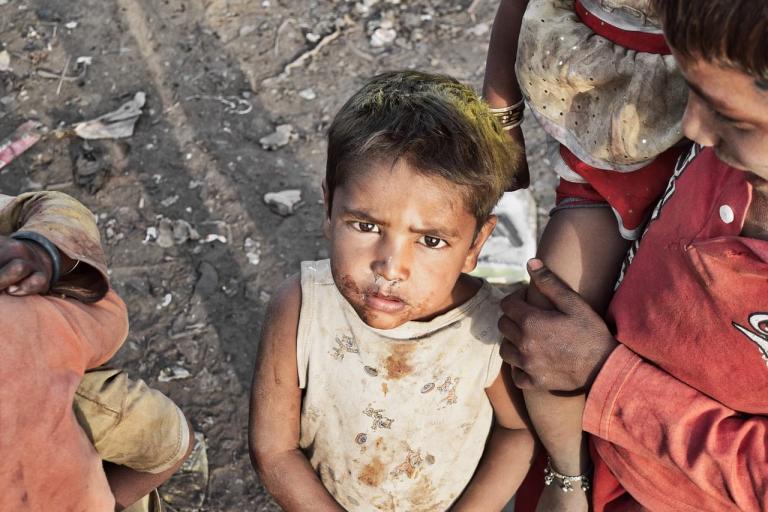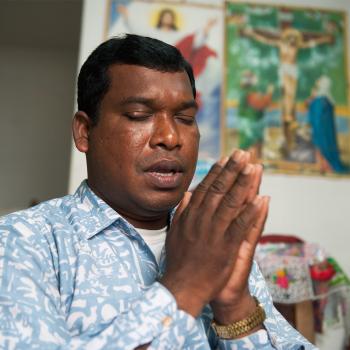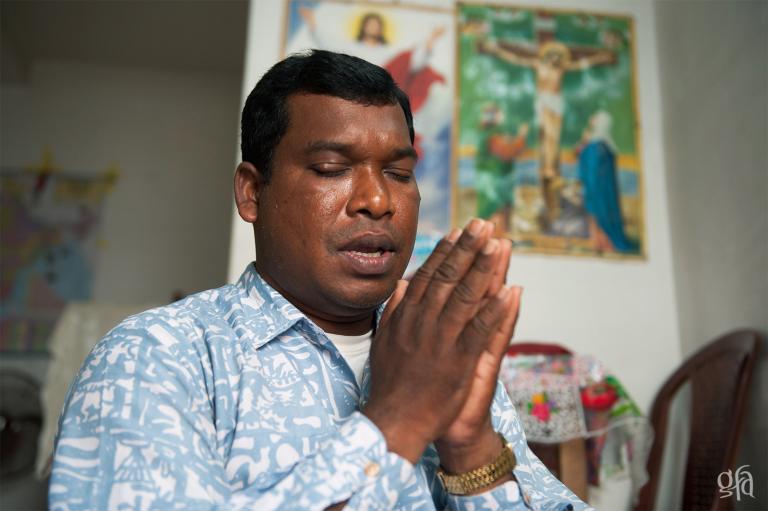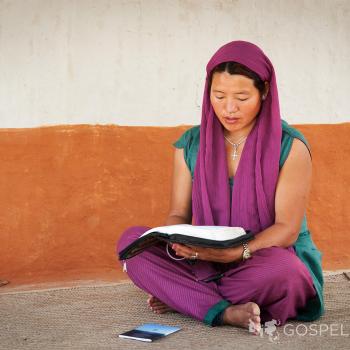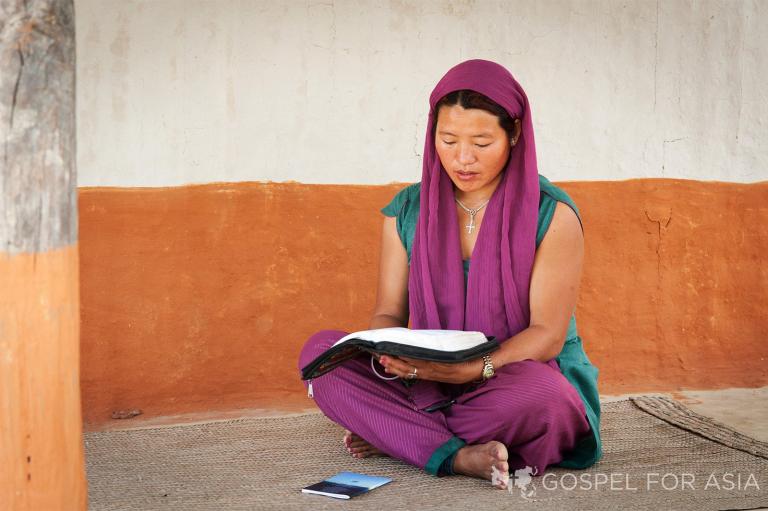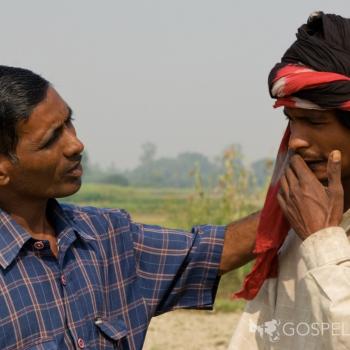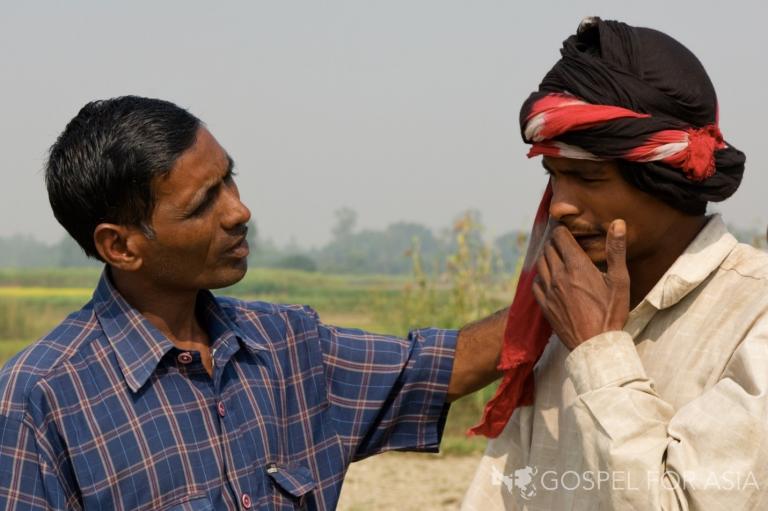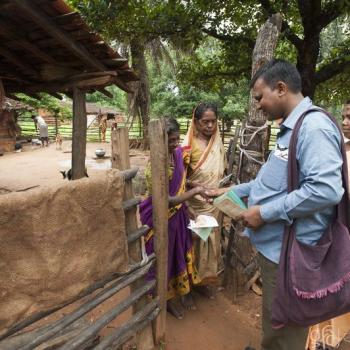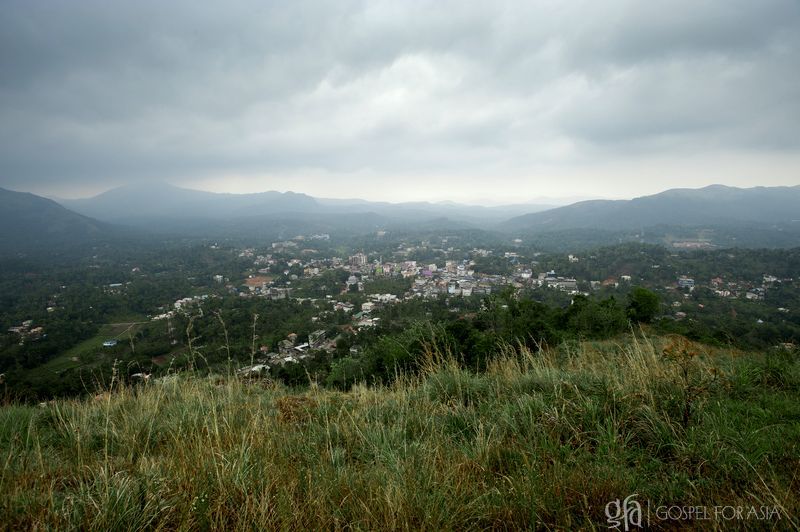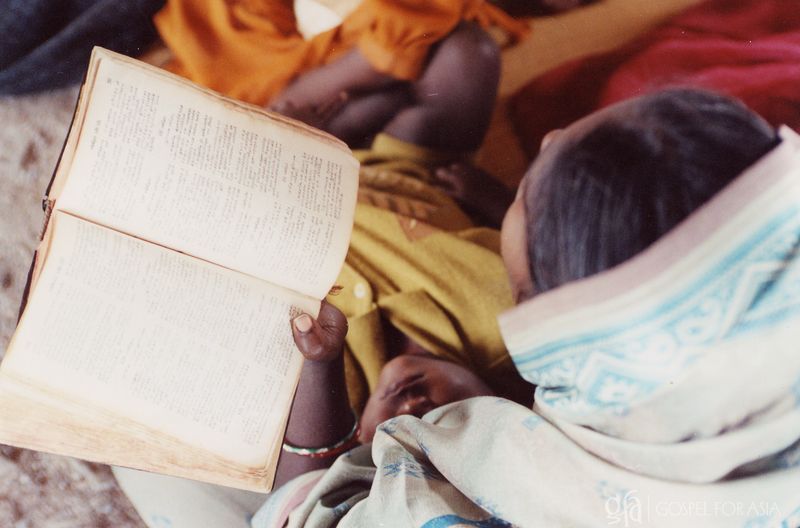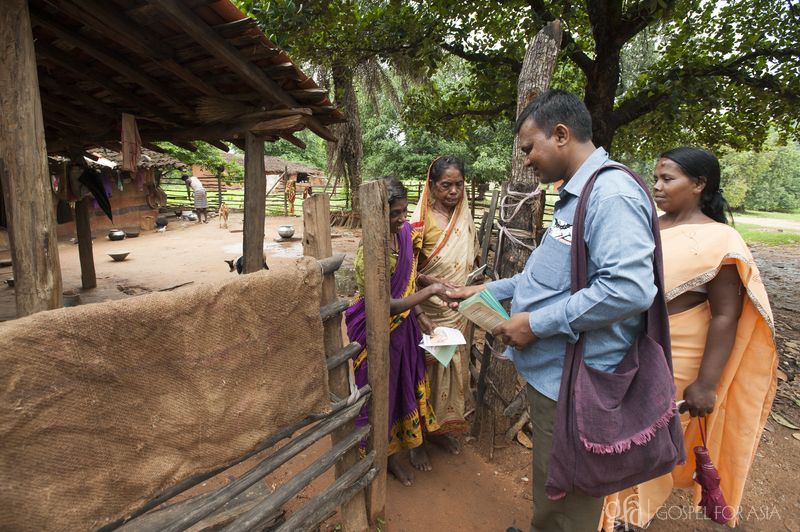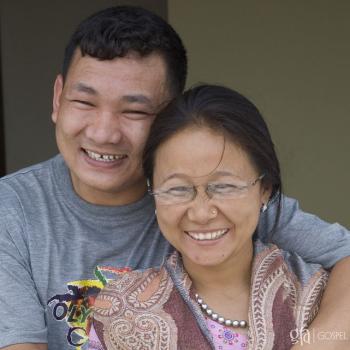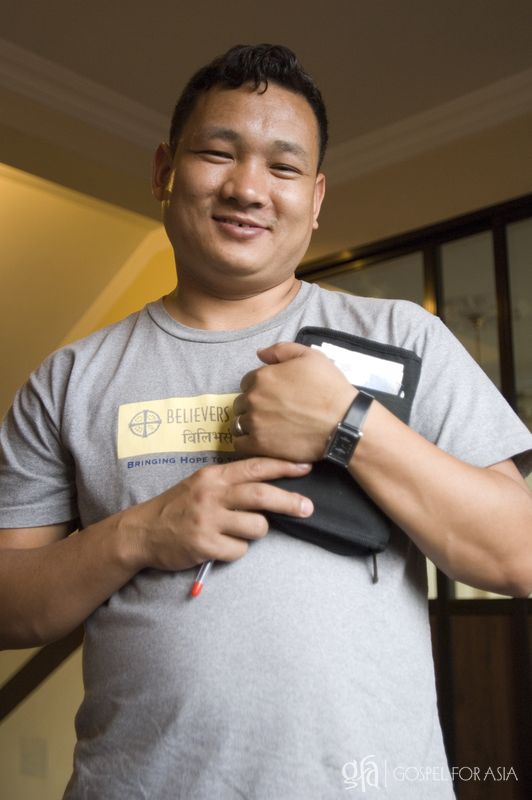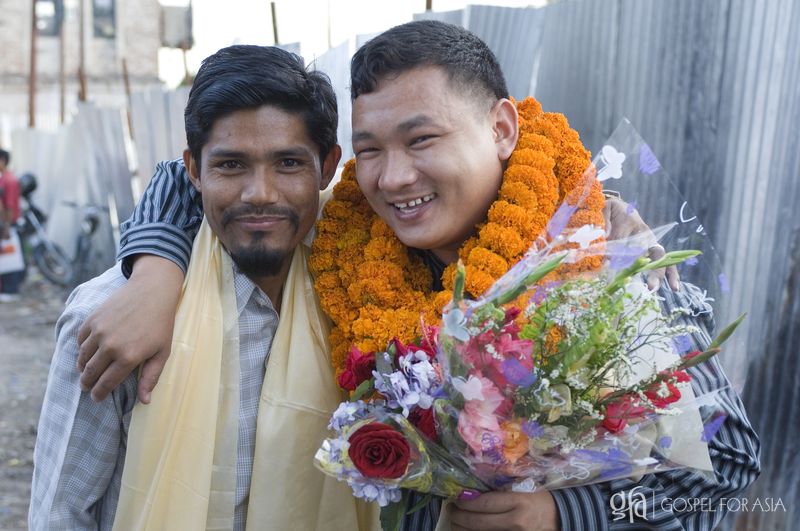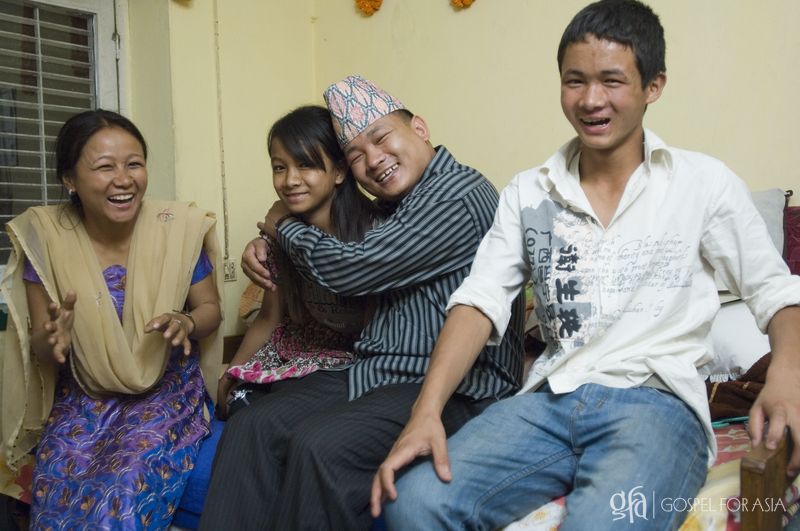WILLS POINT, TX – Gospel for Asia (GFA World and affiliates like Gospel for Asia Canada) founded by Dr. K.P. Yohannan – Discussing GFA’s ministry as seen through several videos.
Forty-one years ago, the Lord began answering the prayers of a young man from India, his wife and a few Christian friends who shared a burden for the millions of people in Asia who had never heard of Jesus. Little did they realize the magnitude of the ministry the Lord would initiate and prosper through their sacrificial service—or how technology would enable the Body of Christ to glimpse God’s handiwork on other side of the globe.
GFA’s Ministry Sees Multitudes Transformed
After the publication of Dr. K.P. Yohannan’s impactful book Revolution in World Missions, the ministry thrived beyond imagination. Thousands of readers have felt God prompting them to partner with Gospel for Asia (GFA), and as a result, millions in Asia have heard about the life-changing peace and joy that only Jesus can give.
Yet very few of us will ever get to travel across the world to a rural village or crowded slum in Asia to personally see the difference God is making through Gospel for Asia (GFA)-supported workers.
Thanks to the now commonly-used technology unavailable at the beginning of the 21st century, however, the entire world can see with their own eyes the needs of Asia’s people and how the Lord is working through Gospel for Asia (GFA)-supported workers to minister as Jesus’ hands and feet.
Gospel for Asia invites readers to watch the videos and playlists on its YouTube channel. See and hear stories that will both break and bless your heart. Check out a few of these brief GFA YouTube videos to gain a glimpse of Asia and of the lives God is touching for His glory.
“Forgotten Islands No Longer Forgotten” People on this group of islands in Asia survive through backbreaking work and have few opportunities for improvement. Forgotten by most of society, they’re highly susceptible to waterborne illness, tiger attacks and many other threats. But a team of Gospel for Asia (GFA)-supported national workers is bringing hope to these islanders.
“How a Jesus Well Transformed Lives in India” The need for clean water amid the global water crisis, especially in parts of Asia and India, cannot be overstated. GFA’s ministry, through the provision of clean water wells and water filters, is saving the lives of children, mothers and fathers across Asia. And we’re saving these families’ time so children can attend school more often, mothers can do more with their time and fathers are healthy more often to keep working.
“From Trials to Triumph: Tapan’s Testimony” Pastor Tapan’s story brings Jesus’ words in John 16:33 to life. From the moment he committed to following Christ, to his time of looking death in the face through severe illness, Pastor Tapan testifies that God truly transforms trials and torment to victory and triumph.
“Visit a Bridge of Hope Center with KP Yohannan” We invite you to join Gospel for Asia’s founder, Dr. K.P. Yohannan, in his behind-the-scenes tour of a GFA-supported Bridge of Hope center in Mumbai. See the difference these centers are making in the lives of many children in Asia.
“Mula: A Widow’s Story” After Mula’s husband died, Mula and her four children were struggling to survive. The Lord showed His provision to them through GFA’s Bridge of Hope program and free tailoring classes. Eventually, His peace transformed their hearts.
“The Stick Gatherer – No Longer A Slumdog” Watch this gripping story as Dr. K.P. Yohannan shares the story of a young boy who ended up in a GFA-supported Bridge of Hope center. Jesus said, “Whatever you do for the least of these, you do unto me.”
“My Visit to a Leprosy Colony” Ashley shares about her visit to a leprosy colony where she got to see Gospel for Asia’s leprosy ministry in action. While she visited with the patients, Ashley watched Gospel for Asia (GFA)-supported national missionaries serve the patients by cleaning their wounds. Residents of the colony were despised by society, but national missionaries showed God’s love to them by treating them with dignity and concern.
“Pastor Marty – Growing Up in the Slums” Do you remember your childhood? Pastor Marty does. He grew up in the slums of Mumbai in extreme poverty. Through many hardships, Marty lost all hope—until he encountered the love of Jesus in a genuine and practical way: the healing of his son. After graduating from a Bible college, he returned to the slum he grew up in and began passionately sharing Jesus’ love with those who are struggling.
Watch and Pray
As you watch these videos, may you be encouraged by the Lord’s beautiful work in Asia. Thank you for praying for the people of Asia and for GFA’s ministry among them.
Source: Worldometers, South Asia Population
Click here, to read more blogs on Patheos from Gospel for Asia.
Learn more about Gospel for Asia: Facebook | YouTube | Instagram | LinkedIn | SourceWatch | Integrity | Lawsuit Update | 5 Distinctives | 6 Remarkable Facts | 10 Milestones | Media Room | World Water Crisis | Endorsements | 40th Anniversary | Lawsuit Response |
Notable News about Gospel for Asia: FoxNews, ChristianPost, NYPost, MissionsBox


